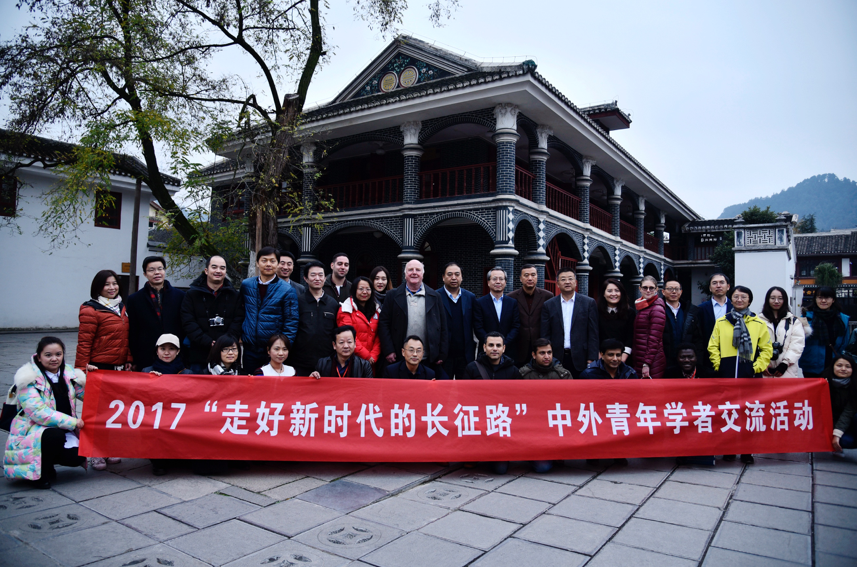“The security of Tian’anmen Square is of great symbolic significance to national stability.”
As political commissar of the tenth detachment of the Chinese People’s Armed Police Force Beijing division, Wang Jianhua is fully aware of the importance of his job.
Wang’s detachment is in charge of security around Tian’anmen Square, the world’s largest city square, the geographic and symbolic center of Beijing. The security of Tian’anmen Square, the Palace Museum and the National Museum of China are all the detachment’s responsibility.
“Tian’anmen Square is a place of utmost importance because of its political significance. This poses a tremendous challenge to our work,” said Wang.
HIGHEST STANDARD
Wang’s detachment has every reason to be on full alert. Being the heart of the People’s Republic of China, Tian’anmen Square has been the site of many milestone events in Chinese history, including the founding of the republic.
Since the 1980s, more than 300 million people have come to Tian’anmen Square to watch the flag-raising ceremony.
On the walls of the dormitory of the National Flag Guard, part of the tenth detachment responsible for the escorting, raising and defending China’s national flag in the square, hangs a banner that reads “Out of this door is the No 1 sentry post of our homeland”.
China’s No 1 sentry post demands the best armed police force.
Efforts of the detachment have contributed to the success of marquee political events in China, including national congresses of the Communist Party of China, annual sessions of the National People’s Congress and state visits of foreign leaders.
This year’s CAPF Beijing combat capability competition was won by the detachment’s special operations squad.
A new soldier with the National Flag Guard has to practice marching steps for tens of thousands of times everyday. After two years of training, his march will cover a distance of more than 13,000 kilometers on average.
The region around Tian’anmen Square and the Palace Museum is home to some of Beijing’s most famous architecture. Construction of new buildings is generally not allowed, so the detachment has to make do with old buildings.
“Our dormitories may not be the best, but our morale is unrivalled,” said Du Zeheng, logistics head at the detachment.
PUBLIC FACE
The detachment works in the public eye.
“People see in us the image of Chinese military, so we always keep our boots highly polished and our uniforms spotless,” said Zhang Haizhou, a squad leader with the detachment.
“Sometimes tourists and their children salute us. That always makes us proud,” said Zhang.
Zhang recalled a policeman from Australia who asked for a photograph with him while he was on duty. After Zhang told him it was against the regulations, the policeman praised Zhang for his sense of duty.
In case of important international meeting or gathering, such as the Belt and Road Forum for International Cooperation, the soldiers act as guards for state guests. Soldiers with better English help those who are weaker in the language to learn simple dialogues.
“Newer soldiers generally have better education and are better at English,” said Liu Yu, 23, who scored 130 points out of 150 in the English test of China’s college entrance examination before joining the military.
“What’s interesting is when foreigners try to talk with us in simple Chinese,” added Liu.
